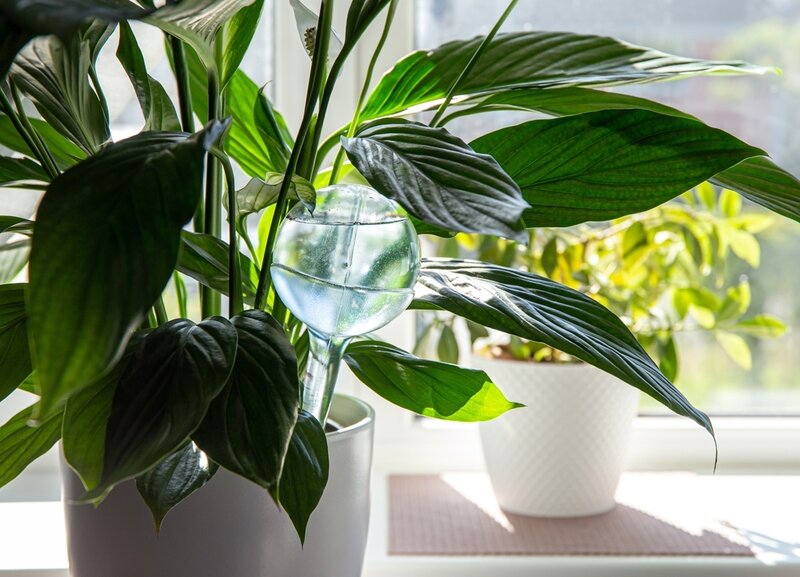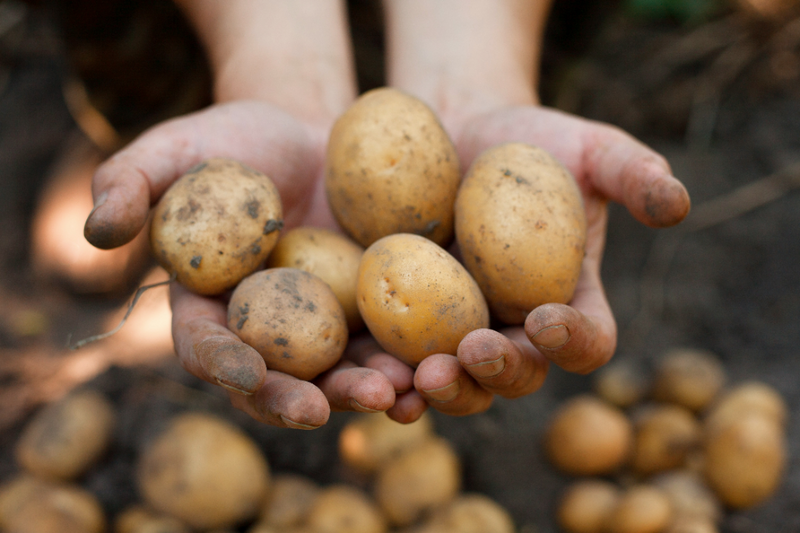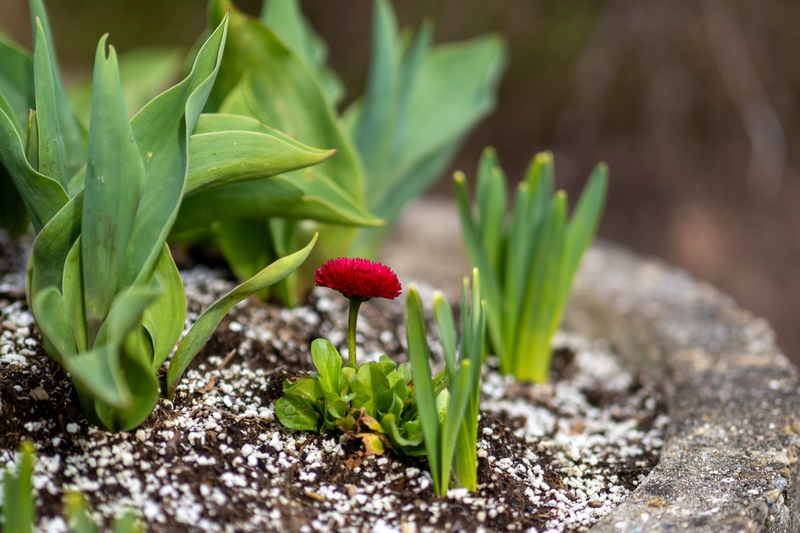
If you tend to forget to water your houseplants until you see them wilting, watering globes may be the answer to your problems! These attractive glass bulbs can keep thirsty houseplants happy, even if you are away for a few days.
How Watering Globes Work
Watering globes are hollow, with a round bulb attached to a long stem. When the bulb is filled with water and the stem is pressed into the soil, water trickles out of the bulb, sucking the air out of the bulb and creating a weak vacuum inside the bulb, which prevents more water from leaving. As the soil dries, the air gradually escapes into the bulb, reducing the vacuum and allowing a bit more water to trickle out, keeping the ground consistently moist.
What Watering Globes Can Do (and What They Can’t)
Watering globes won’t necessarily save you time on houseplant care. You will still need to fill up the globes regularly, and they also need occasional cleaning. However, they are great at keeping compost consistently moist. This is ideal for thirsty plants like ferns, although they’re not recommended for succulents and plants that like to dry out between watering.
Watering globes can also help to keep your plants watered if you are away for a few days. The rate at which the bulbs empty can vary widely, depending on bulb size, how much water the plants use, the type of compost and the surrounding temperature. It’s a good idea to try your watering globes out a few times before you go away so that you can assess how long they will last.
How to Use a Watering Globe
- Watering globes should always be placed into wet soil or compost. Otherwise, they will empty very quickly. So, before you get your watering globe ready, water your plants thoroughly.
- Using a pencil or dibber, make a hole in the compost where your watering globe will sit.
- When using your watering globe for the first time, rinse it out first to get rid of any dust in the bulb. Use a jug with a spout to pour water into the stem of the bulb, or hold it under a tap.
- Once the globe is clean, fill it about three-quarters full of water.
- Flip the globe over quickly and insert the stem into the hole you made earlier in the compost, taking care not to force the branch, as it may shatter. Firm the compost around the stem.
- When the globes are nearly empty, remove, refill, and replace them.
Troubleshooting Watering Globes
- Use a cotton bud or pipe cleaner to clear the stem if it gets clogged with soil.
- If the globe starts to look cloudy, it’s a sign that mould is beginning to grow inside it. Remove the globe and clean it by washing it out with a mixture of baking soda, lemon juice, and white vinegar.
You’ll find everything you need for your houseplants in our centre, from watering solutions to stylish pots. Visit us today and give your plants a treat!



